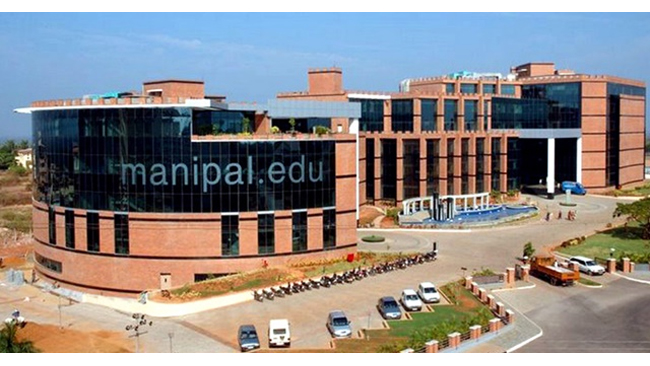
Manipal, February 2023.
Kasturba Medical College, Manipal through its Center for Emerging and Tropical Diseases (CETD) have taken keen interest in spreading awareness about melioidosis and improved case detections by advanced diagnostic facilities for the last 17 years. Leveraging the expertise and learnings of a team of scientists from this sole research and diagnostic centre in India.
CETD has been accorded the status of Referral centre in this project. It has been envisioned that their well-planned & supervised capacity building effort with hands-on training will help in detecting a greater number of melioidosis cases in the country and result in genome sequences of the strains as novel initiative. It mayfurtherembolden the laboratories to diagnose a large number of tropical emerging diseases other than melioidosis. Further, a curated indigenous database of Burkholderia pseudomallei genomes will enable researchers across the country to initiate drug-discovery and/or vaccine development studies. This will thus not only help tackle this ‘silent killer’ disease, but also help in formation of a strong base by developing public health facilities for the general population. In future, these centres will be equipped to act as nodal centres for their own states, while creating awareness through training and appropriate diagnosis.
Dr.Chiranjay Mukhopadhyay, who is leading this national initiative at Kasturba Medical College, Manipal, said, “We appreciate and thank ICMR for their yearlong efforts in supporting several medical centers across 14 states for melioidosis diagnosis and management free of cost. I support the NCDC team to carry out environmental surveillance, while investigating the demise of an 18-year-old boy with neuromelioidosis from Udupi.”
Speaking about the research, Vice Chancellor, Lt Gen (Dr.) M.D. Venkatesh said, “My heartiest congratulations to the CETD team and the department of Microbiology for their achievement, it is indeed a rare privilege for Manipal academy of Higher Education to be recognized as a Referral Center for Melioidosis and for leading the national task force in India. It is an important feather in the cap of the Institution of Eminence. MAHE has the strong legacy of contributing strongly to the development and progress of the health sector in our country. I do believe that this project will have a very successful outcome and it will help Government of India informulating new guidelines for managing such emerging tropical diseases in future.”
Indian Council of Medical
Research (ICMR), an apex oldest medical research body in India that formulates,
promotes and coordinates biomedical research in the country, has recently taken
up a multicentric capacity building initiative ‘MISSION’ to build a network of
centres involving training and awareness generation to strengthen the clinical
and laboratory detection across India, with a special focus in the Northeast
states of India. It has included other prominent institutions from 5 strategic
regions of the country, from North, East, West, South & Central India, to
act as regional centers
for further advancement of knowledge, training, and practices in the region. Dr. Harpreet Kaur, Scientist F
and the project coordinator from ICMR has observed that the disease prevalence
is entirely undetermined in India, including NE states. She believes that this phased
initiative will build awareness through training and will help develop
customized diagnostic algorithms for high-risk locations and patients in
critical conditions, aiming to incorporate melioidosis into clinical
differentials.